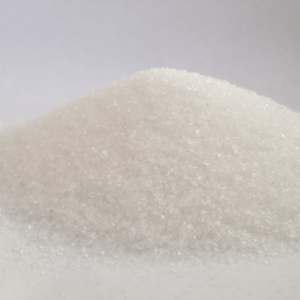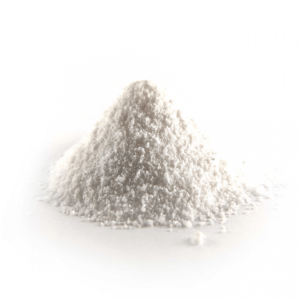3-MeO-PCP
3-MeO-PCP: Bulk Industrial-Grade Chemicals for Advanced Manufacturing & Research
The 3-MeO-PCP category features high-purity 3-Methoxyphencyclidine and related arylcyclohexylamine derivatives, trusted by industrial buyers, manufacturers, and engineers for their reliability in advanced synthesis, specialty chemical production, and research. 3-MeO-PCP is widely valued in the chemical, pharmaceutical, and analytical sectors as a versatile intermediate, research standard, and building block for complex compounds.
Key chemicals in this category:
- 3-MeO-PCP (3-Methoxyphencyclidine)
- Related derivatives such as 3-HO-PCP, 3-Me-PCP, and custom arylcyclohexylamines
Major Industrial Applications
3-MeO-PCP and its analogs are used for:
- Advanced organic synthesis and fine chemical manufacturing
- Analytical reference standards for laboratory and forensic applications
- Research and development of specialty materials and pharmaceutical intermediates
- Production of custom compounds for industrial innovation
Examples:
- 3-MeO-PCP: Utilized as an intermediate for novel molecule synthesis and as a reference material in analytical chemistry
- 3-HO-PCP, 3-Me-PCP: Applied in specialty chemical research and as standards for quality control
Packaging & Handling
https://realchemstore.org/ supplies 3-MeO-PCP in bulk packaging options:
- Sealed HDPE drums (1kg, 5kg, 25kg+)
- Moisture-resistant sample pouches
- Custom packaging for large-scale industrial orders
Handling advice:
Store in a cool, dry place, away from incompatible materials. Use appropriate PPE (gloves, goggles, lab coats) and follow your facility’s safety protocols. Refer to the SDS for complete handling and disposal instructions.
Why Source from https://realchemstore.org/ ?
Industrial buyers trust https://realchemstore.org/ for:
- High-purity, lab-tested chemicals with full documentation
- Reliable bulk supply and global shipping
- Competitive pricing for manufacturers and research organizations
- Expert technical and regulatory support for industrial applications
Showing 1–12 of 25 results











